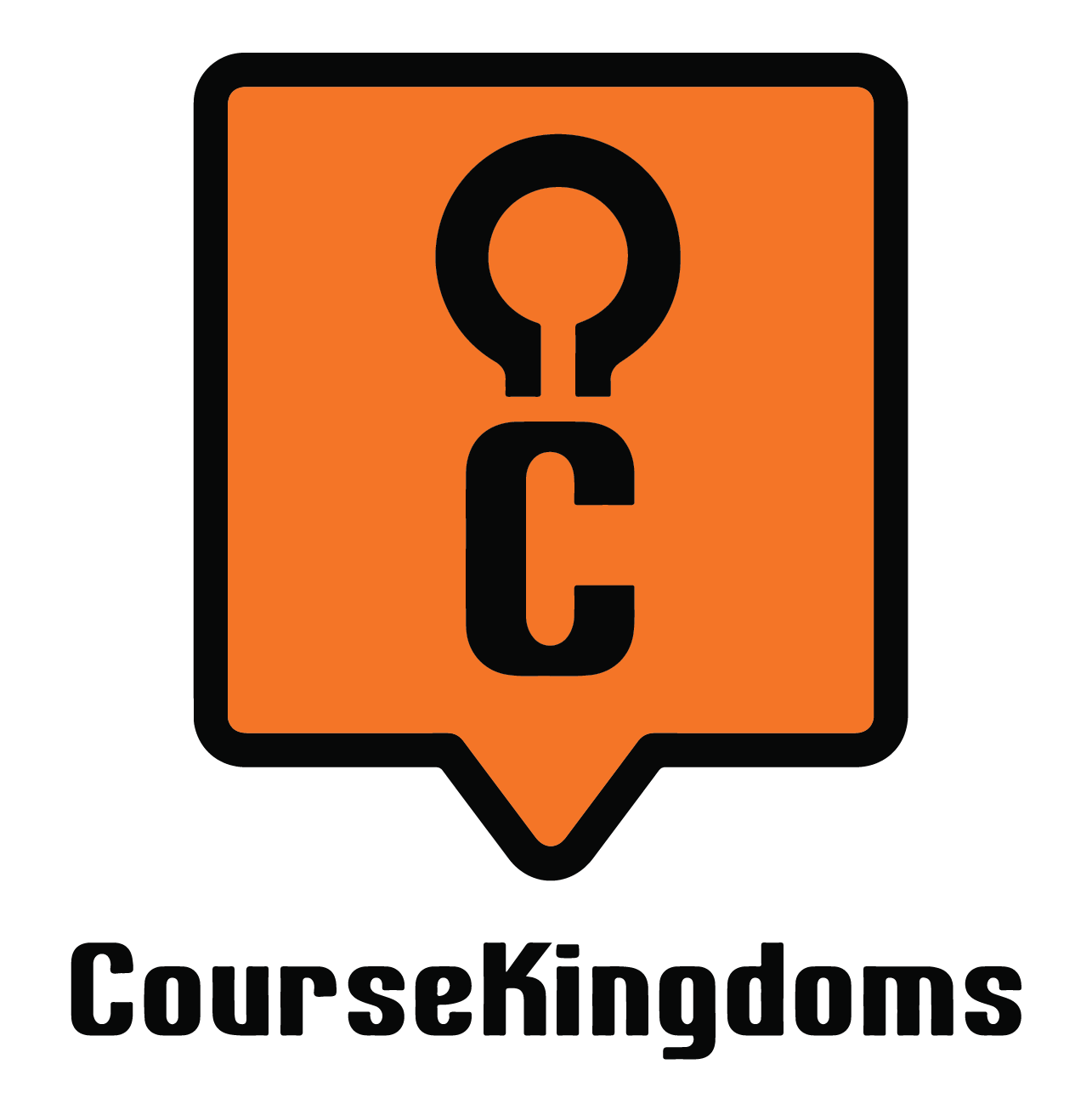Learning English as an adult in Canada can open doors to new opportunities, whether you’re pursuing career growth, academic goals, or simply aiming to connect with others. With the right approach and resources, improving your English skills can be both practical and rewarding. Here are some effective tips to help you on your journey.
1. Enroll in Local English Classes
Canada offers a wide range of language programs tailored to adult learners:
- Government-Funded Programs: Newcomers to Canada can access free language instruction through programs like LINC (Language Instruction for Newcomers to Canada). These classes cover everything from basic communication to workplace English.
- Community College Courses: Many colleges offer affordable ESL (English as a Second Language) classes for adults. These programs often include flexible schedules, making them ideal for working professionals.
- Private Tutoring: If you prefer one-on-one learning, consider hiring a private tutor. Platforms like iTalki or Preply connect learners with experienced tutors from around the world.
2. Join Social Opportunities to Practice
Interacting with others is one of the best ways to improve your English:
- Language Exchange Meetups: Websites like Meetup.com list local language exchange events where you can practice English with native speakers while helping them learn your language.
- Community Centers and Clubs: Join hobby groups or volunteering organizations to meet people who share your interests. This creates natural opportunities to use English in everyday conversations.
3. Incorporate English Into Daily Life
You don’t need a classroom to learn English—everyday activities can be great learning opportunities:
- Listen to CBC Radio or Podcasts: Tune into Canadian radio stations or listen to podcasts like The Debaters or Under the Influence. This helps with listening comprehension and familiarizes you with Canadian accents.
- Read Local Newspapers or Books: Start with simple materials like community newsletters or beginner-friendly books, then gradually move to more advanced content.
- Watch TV Shows and Movies: Choose programs with subtitles to improve both your listening and reading skills. Canadian shows like Kim’s Convenience provide cultural context along with language practice.
4. Prepare for Language Tests
If your goals include academic or professional opportunities, preparing for English proficiency tests like IELTS or CELPIP is crucial:
- Practice Tests and Resources: Use official prep materials and practice tests to familiarize yourself with the format and question types.
- Local Test Centers: Many cities in Canada have test preparation workshops or courses that can give you personalized guidance.
5. Stay Motivated
Learning a new language is a marathon, not a sprint. Here’s how to keep your momentum:
- Set Realistic Goals: Break your learning journey into manageable milestones, such as mastering 10 new words a week or holding a 5-minute conversation in English.
- Track Your Progress: Keep a journal of your achievements, such as new vocabulary learned or successful interactions in English.
- Get Inspired: Read or listen to stories of others who’ve successfully learned English as adults. Their experiences can provide valuable tips and encouragement.
Conclusion
Improving your English skills as an adult in Canada is an empowering journey that can enhance your personal and professional life. By taking advantage of local resources, engaging in social interactions, and incorporating English into your daily routine, you can achieve your language goals with confidence. Remember, practice and persistence are key—and every small step brings you closer to fluency!



Leave a review